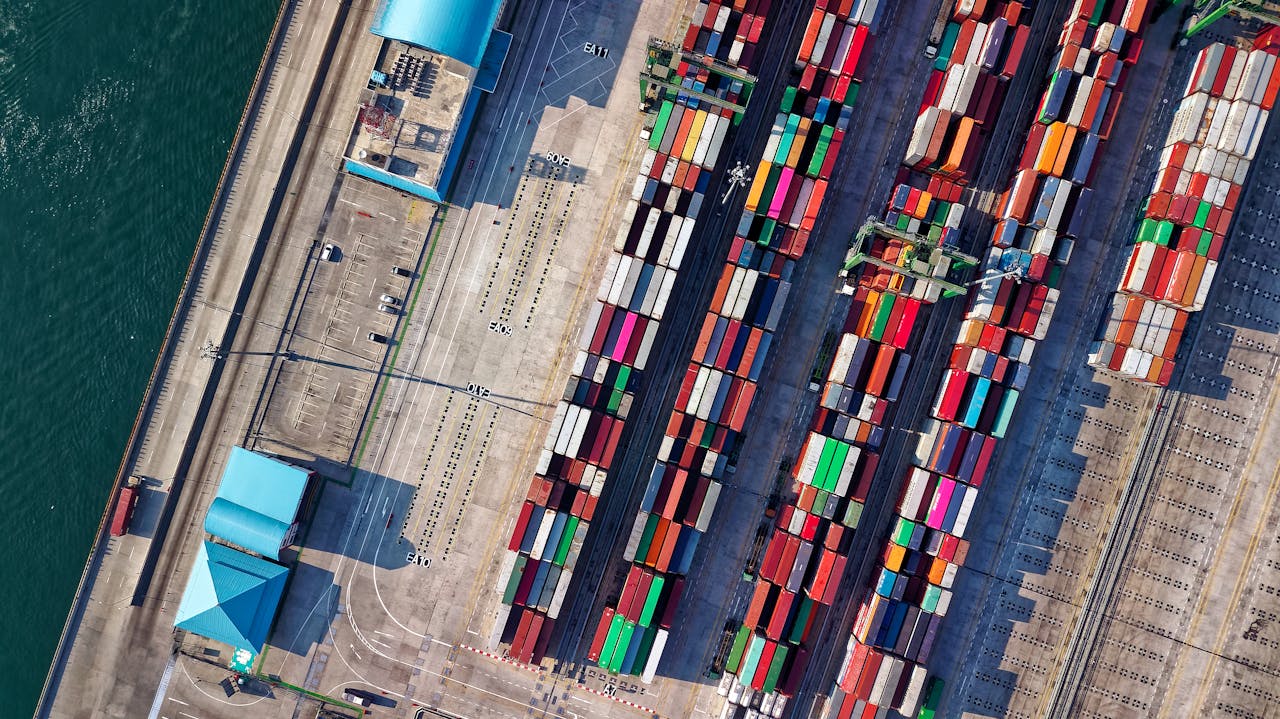Comments
- No comments found

Supply chain efficiency stands as a critical component of business success.
Technology, with its continuous advancement, plays a pivotal role in enhancing supply chain operations, offering unprecedented levels of transparency, agility, and customer satisfaction. From harnessing data analytics for better demand forecasting to leveraging the Internet of Things (IoT) for real-time tracking, technology's role in supply chain enhancement cannot be understated. This article aims to explore the various technological innovations that have revolutionized supply chain management and how businesses can leverage these advancements to stay competitive in a global market.

The integration of data analytics into supply chain management allows businesses to accurately predict future demand. By analyzing historical sales data, market trends, and consumer behavior patterns, companies can adjust their inventory levels, optimize product distribution strategies, and reduce holding costs. This foresighted approach not only minimizes wastage and excess inventory but also ensures that customer demands are met efficiently, bolstering overall satisfaction.
Advanced analytics tools enable firms to identify potential disruptions in the supply chain before they occur. By leveraging predictive analytics, businesses can take preemptive measures to mitigate risks associated with supply chain volatility, such as supplier failures or transportation delays. This proactive stance significantly enhances supply chain resilience and reliability. The ease of document digitization and data sharing further streamlines supply chain operations, facilitating seamless collaboration between stakeholders. It not only speeds up the decision-making process but also promotes transparency, allowing businesses to build and maintain trust with their partners.
The Internet of Things (IoT) has transformed supply chain management by enabling real-time tracking of goods and assets. With IoT devices, companies can monitor the location, condition, and movement of products throughout the supply chain. This level of visibility ensures timely delivery, reduces the risk of theft or loss, and enables companies to respond swiftly to any logistical challenges.
In addition to improving operational efficiency, the IoT also fosters enhanced communication between all stakeholders in the supply chain. By providing real-time data, everyone from suppliers to customers can have access to updated information regarding the status of goods. This transparency helps in building trust and fostering stronger relationships between businesses and their partners.
Blockchain technology offers a secure and transparent platform for conducting transactions across the supply chain. By creating an immutable ledger of transactions, blockchain ensures the authenticity of products and reduces the risk of fraud. This is particularly beneficial in industries where counterfeiting and tampering are prevalent concerns.
Blockchain's ability to provide a secure and unalterable record of transactions also facilitates smoother and more efficient customs processes. By eliminating the need for paper-based documentation, blockchain can significantly reduce delays and costs associated with cross-border trade, making global supply chains more accessible and reliable.
Artificial intelligence (AI) and machine learning (ML) are redefining supply chain operations through intelligent automation and decision-making. AI-powered tools can automate routine tasks, such as inventory management and order processing, freeing up human resources to focus on more strategic initiatives. Additionally, machine learning algorithms can improve over time, continuously optimizing supply chain processes based on new data and insights.
Machine learning also plays a crucial role in identifying patterns and anomalies within large datasets, enabling companies to anticipate and address potential supply chain disruptions. By utilizing AI and ML, organizations can achieve a higher level of operational efficiency and adaptability, staying ahead in a rapidly changing market.
Sustainability has become a central focus in supply chain management, driven by increasing consumer demand for environmentally responsible practices. Technologies like IoT and AI can help businesses monitor and reduce their carbon footprint by optimizing routes, reducing energy consumption, and minimizing waste. This not only aligns with global sustainability goals but also positions companies as socially responsible, enhancing their brand image and customer loyalty.
Innovations such as circular supply chains, where resources are reused and recycled, also contribute to environmental sustainability. By leveraging technology to facilitate a circular economy, businesses can reduce their environmental impact while creating a more resilient and future-proof supply chain.

Technology is continuously transforming the supply chain landscape, offering immense potential for businesses to improve their operations and stay competitive. As new advancements emerge, it is crucial for companies to embrace a proactive approach towards integrating technology into their supply chain strategies. By staying abreast of technological innovations and leveraging them effectively, businesses can enhance efficiency, reduce costs, foster transparency and sustainability, and ultimately achieve success in the global market. Keeping up with technological advancements and leveraging them effectively can lead to sustainable growth and success for businesses in the supply chain industry.
Leave your comments
Post comment as a guest